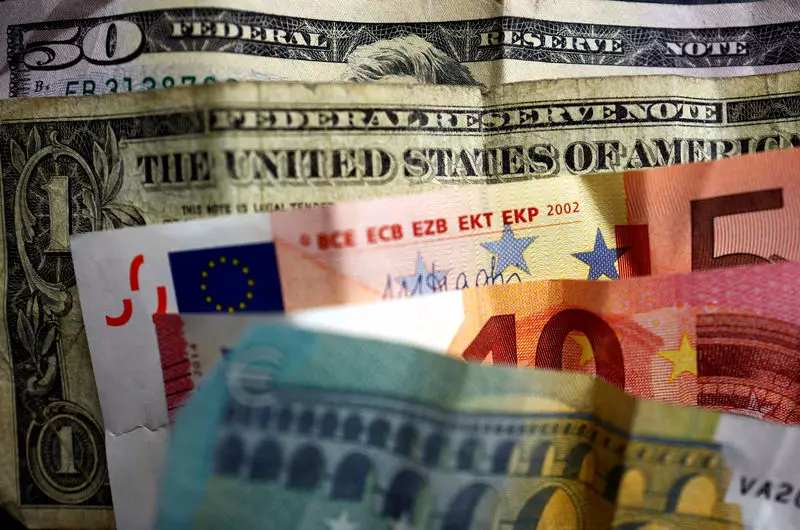The U.S. dollar has been experiencing some fluctuations in the foreign exchange market recently. Despite reaching a near eight-week high last week, the Dollar Index traded 0.2% lower at 105.235. This comes after the release of stronger-than-expected PMI readings, which boosted the U.S. currency. However, traders have taken some profits at the beginning of the new week as they await the release of PCE price index data. The Federal Reserve has been cautious about cutting interest rates, waiting for more data on inflation. A softer than expected reading could lead to a rate cut as early as September. Despite weak German business sentiment, the euro managed to rise by 0.2% to 1.0718. The business climate index in Germany unexpectedly fell in June, indicating stagnation in the economy. This, combined with political uncertainty in Europe, has contributed to the euro’s recent losses.
British Pound
The British pound has also been affected by economic factors and policy decisions. GBP/USD rose 0.1% to 1.2659, stabilizing after falling to a five-week low following the Bank of England’s latest policy meeting. While the BoE kept rates on hold, some policymakers indicated that a rate cut was a possibility. This has led to expectations that a cut may occur at the next meeting in August. Analysts at ING have expressed a bearish outlook for the pound this summer, citing potential negative impacts from the upcoming UK election. The outcome of the election and the political landscape could further influence the value of the pound in the coming months.
Asian Markets
In Asia, the USD/JPY pair traded lower at 159.68 after reaching a high of 159.94 in early trade on Monday. The Japanese yen’s recent weakness has raised concerns among Japanese officials, prompting discussions about potential intervention in the currency market. The Chinese yuan has also been under pressure, with USD/CNY trading within a narrow range at 7.2618. Worries about the second-largest economy in the world have contributed to the yuan’s depreciation against the dollar.
Economic indicators and policy decisions have a significant impact on currency exchange rates. Traders and investors closely monitor data releases and central bank statements to make informed decisions in the foreign exchange market. The recent movements in the U.S. dollar, euro, British pound, Japanese yen, and Chinese yuan highlight the interconnectedness of global economies and the importance of understanding and analyzing economic factors when trading currencies.

